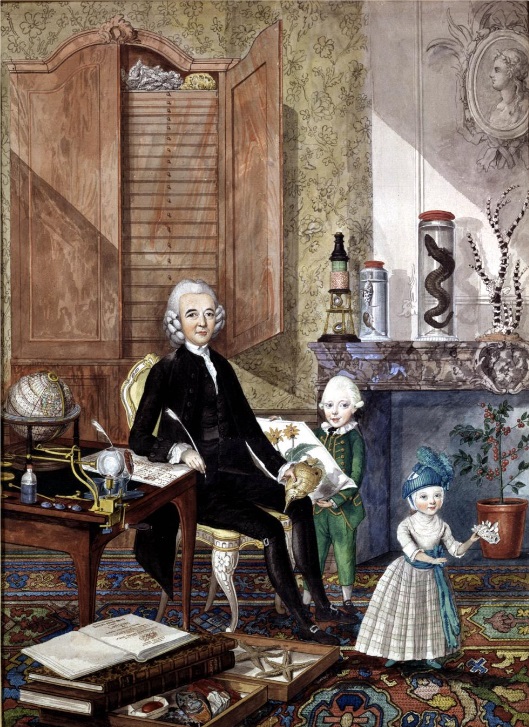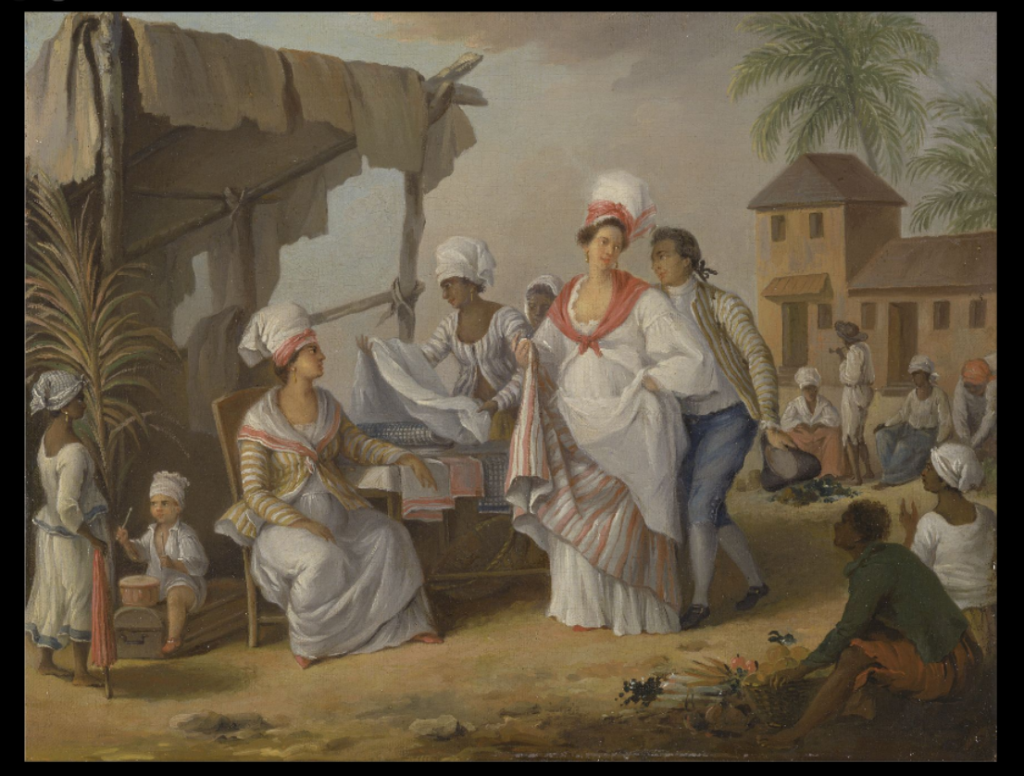(Please, note that the call for papers was closed October 15, 2020)
Conference’s theme & Call for papers
Research on gender, the Enlightenment and modernity – extending into the nineteenth century – is more than ever facing the challenges of embracing plurality, both in terms of geographical and cultural locations and of historiographical approaches. We aim to put research on gender and modernities in the Hispanic world and the South of Europe at the centre of historiographical debate, with a particular – but not exclusive – focus on cultural transfers connecting Spain, Italy and Portugal with the rest of Europe and with the other side of the Atlantic and the Pacific, as well as those taking place within and between colonial territories.
Our conference will concentrate on the ways in which notions of gender circulated and were transformed, hybridised and creatively appropriated. We will also consider obstacles to circulation, conflicts generated by mediation, and non-transferable concepts. We will emphasise agents – translators, travellers, go-betweens, readers and publics, and networks, both real and imagined – and their role in the production and circulation of images, texts, objects and practices.
One of our major objectives is to stimulate a more inclusive global history that critically interrogates the cultural geographies of the Enlightenment and the symbolic configuration of centres and peripheries. We will explore the relationships and tensions, crucial to modernity, between the local, the “national” and the “cosmopolitan”, and how those were defined in gendered terms. We are also interested in the transnational and interdisciplinary implications and potential insights of a revitalised biographical history.
Section I – Gender and Global Enlightenments: A Historiographical Focus
Roundtable at which keynote speakers will discuss the potential cross-fertilisation between global history and gender history. This will be organised by invitation.
Section II – Cultural Mediations

Translation, understood in a broad sense as the actual practice of linguistic and cultural translation, as well as the physical act of circulating bodies, objects and knowledge in space and time, has always involved adaptation to different contexts, publics and markets. We are particularly interested here in issues of gender and the role played by women in these processes of circulation and appropriation, as authors, readers, translators and mediators. We want to trace how notions of gender are translated, transformed and adapted when travelling in multiple directions via cultural transfers and mediations. How do texts and audiences gain new gender meanings when relocated to new socio-political and cultural contexts? How does a translator’s gender interact with an author’s gender and with a target or imagined readership? How did gender shape experiences and accounts of reading, writing and travelling? How were European ideas on gender hybridised and reinterpreted in colonial settings and vice versa?
We encourage papers on the following areas:
1.1. Gendering authors, translators, readers and practitioners
1.2. Experiences of travel, correspondence, cultural consumption and sociabilities
1.3. Negotiating contexts: transnational and transoceanic circulation of notions of gender
1.4. Reimagining the Enlightenment in the nineteenth century
Section III – Varieties of Sensibility

We aim to explore the tensions between sensibility as an allegedly universal moral potential and its specific definitions in terms of gender, ethnicity, and social, national and religious differences. We want our discussion to encompass different colonial settings, especially the Hispanic world, and to examine from a comparative perspective crucial questions that have till now primarily been applied to the British Empire: how were feelings and sympathy thought to be distributed, for example, and what role did those moral nuances play in building – but also destabilising – social, ethnic and gender hierarchies? We are interested in both sensory and emotional dimensions of sensibility and the connections between the two, and are keen to re-examine the tensions between physical bodies and inner passions, imagination, truth and compassion. How is love scientifically explained and taxonomised, and what are its established connections with lust? How did sexualities become a part of defining human diversity? We also want to discuss the connections between religion and modernities, with a particular (but not exclusive) emphasis on Catholicism: to what extent did religion produce different gendered emotional cultures?
We welcome contributions on the following topics:
2.1. The physiology of love
2.2. Ways of loving
2.3. Knowledge, human diversity and rhetorics of feeling
2.4. Religious sensibilities
Download the call (deadline 15 October 2020)
Note: The language of the conference will be English. A selection of the papers will be published in a collective volume and a special issue of an academic journal.
